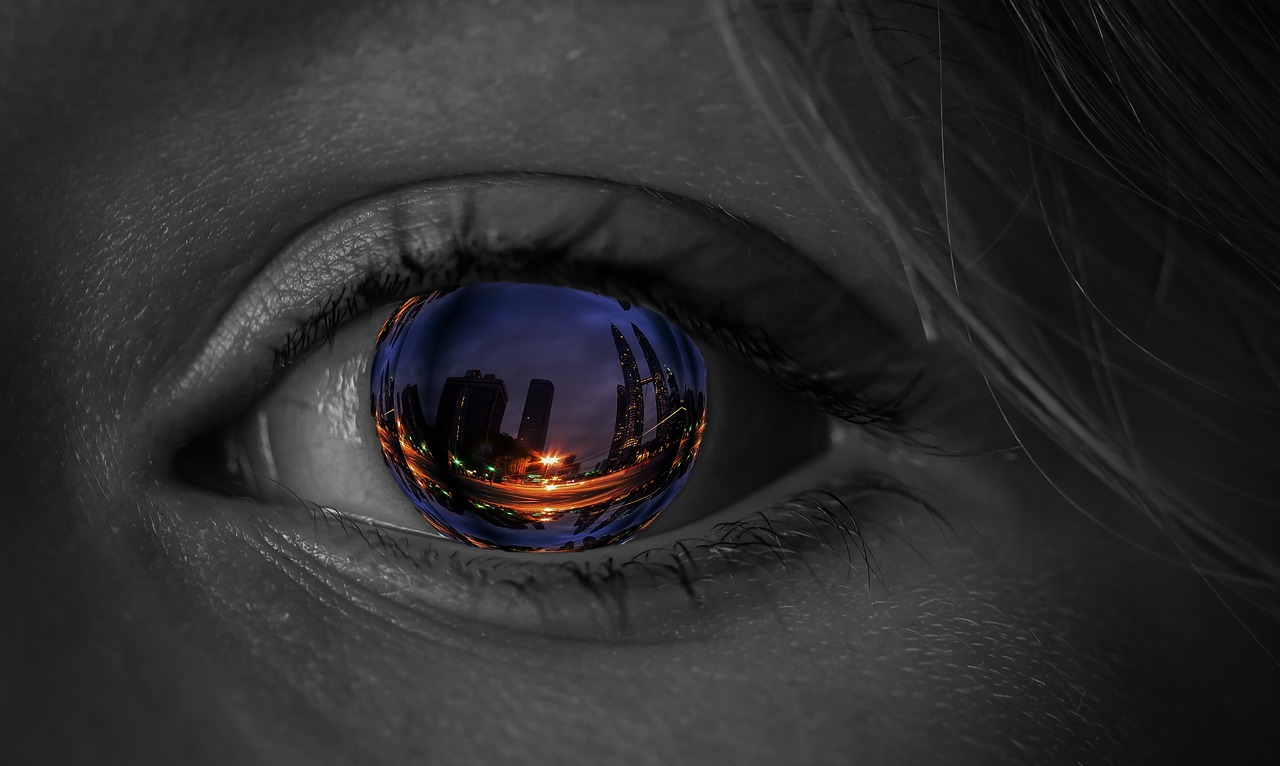Virtual reality’s (VR) rise and expansion throughout the gaming industry is nothing shocking. With such growing interests in deeper gaming exploration and immersive opportunities, VR is taking the gaming industry by storm.
We often focus on VR’s pervasive influence on video game immersion and how that helps create much better, more incredible games. But there’s another side to this tale: mental health. VR gaming can be a valuable therapeutic experience.
Today, we’ll look at all the ways.
The Therapeutic Potential of VR Gaming
Our world is ripe with rising mental health struggles. When someone is experiencing a mental health issue, they should seek professional help. Sometimes, a professional may explore VR options, depending on the person’s struggle.
VR gaming is being used to help treat mental health issues such as anxiety, depression, and PTSD.
There is science showing that VR can help with PTSD. It is called virtual reality exposure therapy (VRET).
In a recent look at several studies, authors found that VRET was more effective than waitlist controls in reducing PTSD symptoms and depression. However, there was no significant difference between VRET and active comparators. More research is needed to confirm these findings.
Another therapy tool related to PTSD treatments is called Bravemind, a VR exposure therapy that is designed for veterans specifically. The program recreates battle and conflict to help them work through it.
There are also VR games, such as “Guided Meditation VR,” which help transport players suffering from anxiety and stress into a more serene environment.
ppls such as “Nature Treks VR” equally allow players to immerse themselves in a peaceful, tranquil setting. The VR aspect takes meditation to a much more impactful level because it immerses the user deeply into the environment.
People suffering from cognitive issues, such as memory loss or neurological issues, may find brain training VR games help them regain abilities. These games can improve attention, memory, and problem solving.
Social interaction simulations which use VR often help people who have autism develop social skills in a safe and structured environment.
For example, “Floreo” leverages VR to teach social and communication skills to children with autism.
Depression and mood disorders are two of the most pervasive mental struggles in the United States. Using VR experiences which encourage activities and scenarios promoting positive emotions can help with treatments.
VR can also help simulate environments where people struggling with addiction can practice coping strategies and refusal skills. This helps in preparing them for real-world situations without the associated risks.
VR games requiring physical movement can aid in the rehabilitation of individuals recovering from strokes or physical injuries. By making physical therapy exercises more engaging, VR can contribute to better adherence to rehab programs and improve motor skills.
Conclusion
As you can see VR, and VR as it relates to games, can serve as a therapeutic way forward from people suffering from a variety of ailments. As VR continues to evolve, the list of ways it may contribute to the betterment of society.
